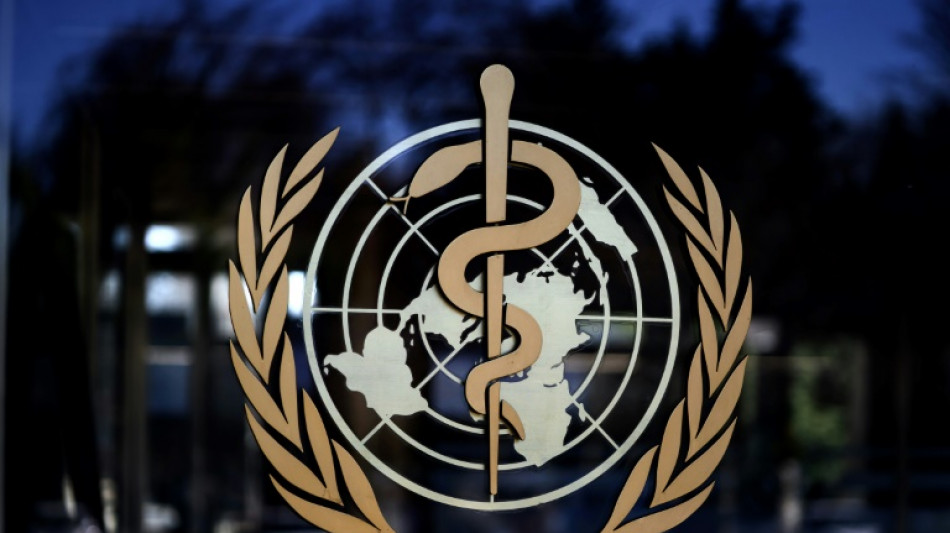
-
 Ukraine, US say minerals deal ready as Kyiv hails sharing
Ukraine, US say minerals deal ready as Kyiv hails sharing
-
Global stocks mostly rise following mixed economic data
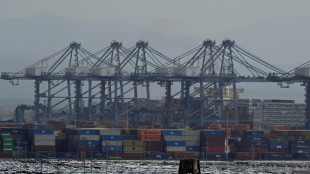
-
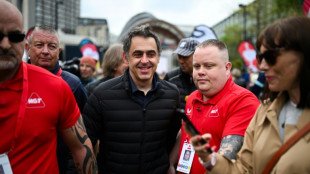 O'Sullivan says he must play better to win eighth snooker world title after seeing off Si Jiahui
O'Sullivan says he must play better to win eighth snooker world title after seeing off Si Jiahui
-
Sabalenka eases past Kostyuk into Madrid Open semis
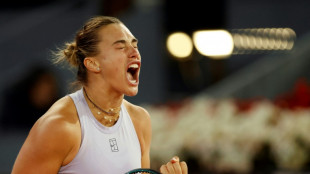
-
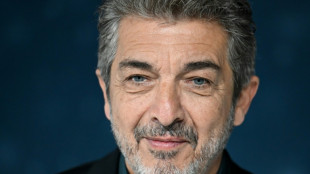 Netflix's 'The Eternaut' echoes fight against tyranny: actor Ricardo Darin
Netflix's 'The Eternaut' echoes fight against tyranny: actor Ricardo Darin
-
US economy unexpectedly shrinks, Trump blames Biden
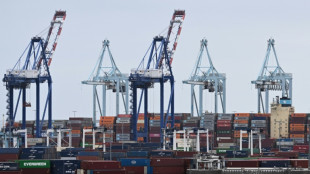
-
 Barca fight back against Inter in sensational semi-final draw
Barca fight back against Inter in sensational semi-final draw
-
Meta quarterly profit climbs despite big cloud spending
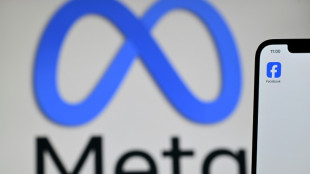
-
 US Supreme Court weighs public funding of religious charter school
US Supreme Court weighs public funding of religious charter school
-
Climate change made fire conditions twice as likely in South Korea blazes: study
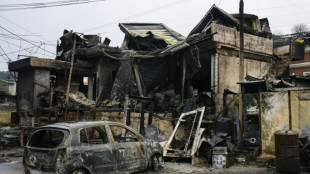
-
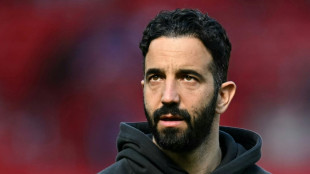 Amorim says not even Europa League glory can save Man Utd's season
Amorim says not even Europa League glory can save Man Utd's season
-
Syria reports Israeli strikes as clashes with Druze spread

-
 Ukraine, US say minerals deal ready as suspense lingers
Ukraine, US say minerals deal ready as suspense lingers
-
Everything is fine: Trump's cabinet shrugs off shrinking economy
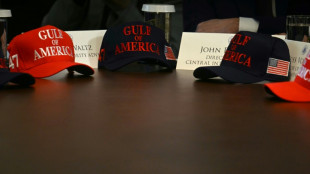
-
 Chelsea boss Maresca adamant money no guarantee of success
Chelsea boss Maresca adamant money no guarantee of success
-
Wood warns England cricketers against 'dumb' public comments

-
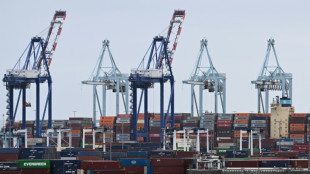 US economy shrinks, Trump blames Biden
US economy shrinks, Trump blames Biden
-
Caterpillar so far not hiking prices to offset tariff hit

-
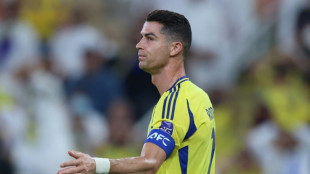 Japan's Kawasaki down Ronaldo's Al Nassr to reach Asian Champions League final
Japan's Kawasaki down Ronaldo's Al Nassr to reach Asian Champions League final
-
Trump praises Musk as chief disruptor eyes exit
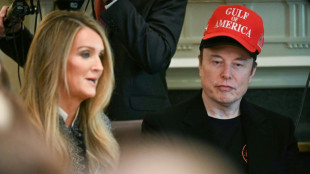
-
 Chahal hat-trick helps Punjab eliminate Chennai from IPL playoff race
Chahal hat-trick helps Punjab eliminate Chennai from IPL playoff race
-
Pope Francis saw clergy's lack of humility as a 'cancer': author
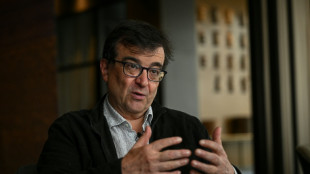
-
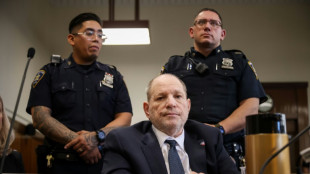 Weinstein accuser recounts alleged rape at assault retrial in NY
Weinstein accuser recounts alleged rape at assault retrial in NY
-
Piastri heads into Miami GP as the man to beat

-
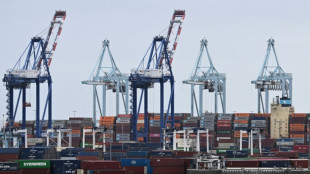 US economy unexpectedly shrinks in first quarter, Trump blames Biden
US economy unexpectedly shrinks in first quarter, Trump blames Biden
-
Maxwell likely to miss rest of IPL with 'fractured finger'
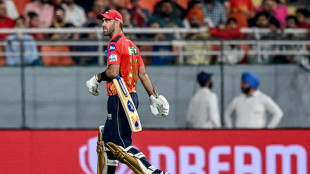
-
 Syria reports Israeli strikes after warning over Druze as sectarian clashes spread
Syria reports Israeli strikes after warning over Druze as sectarian clashes spread
-
Despite war's end, Afghanistan remains deep in crisis: UN relief chief
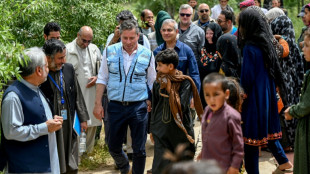
-
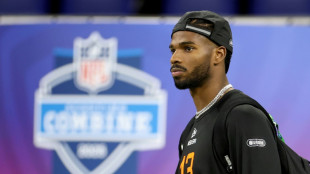 NFL fines Falcons and assistant coach over Sanders prank call
NFL fines Falcons and assistant coach over Sanders prank call
-
British teen Brennan takes stage 1 of Tour de Romandie
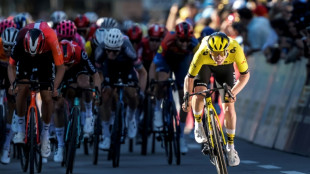
-
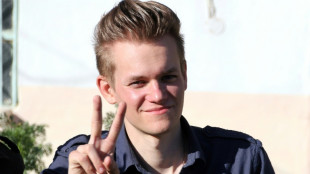 Swedish reporter gets suspended term over Erdogan insult
Swedish reporter gets suspended term over Erdogan insult
-
Renewable energy in the dock in Spain after blackout
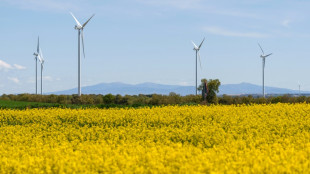
-
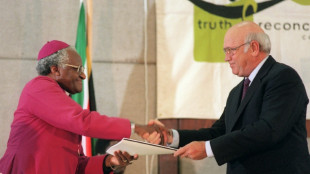 South Africa sets up inquiry into slow apartheid justice
South Africa sets up inquiry into slow apartheid justice
-
Stocks retreat as US GDP slumps rattles confidence
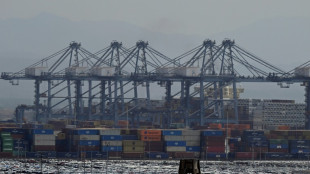
-
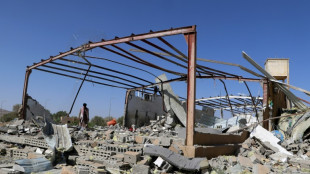 Migrants' dreams buried under rubble after deadly strike on Yemen centre
Migrants' dreams buried under rubble after deadly strike on Yemen centre
-
Trump blames Biden's record after US economy shrinks
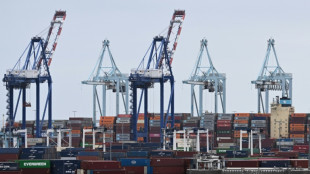
-
 UK scientists fear insect loss as car bug splats fall
UK scientists fear insect loss as car bug splats fall
-
Mexico avoids recession despite tariff uncertainty
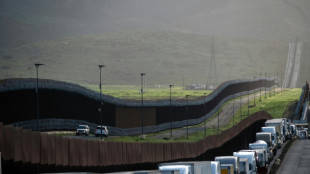
-
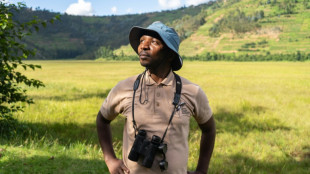 Rwandan awarded for saving grey crowned cranes
Rwandan awarded for saving grey crowned cranes
-
Spurs have 'unbelievable opportunity' for European glory: Postecoglou
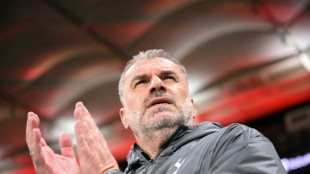
-
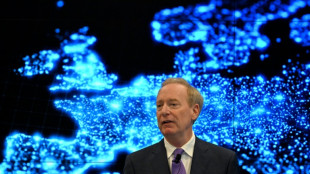 Microsoft president urges fast 'resolution' of transatlantic trade tensions
Microsoft president urges fast 'resolution' of transatlantic trade tensions
-
Poppies flourish at Tower of London for WWII anniversary

-
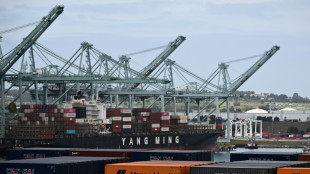 US economy unexpectedly shrinks on import surge before Trump tariffs
US economy unexpectedly shrinks on import surge before Trump tariffs
-
Stocks drop after US economy contracts amid tariffs turmoil
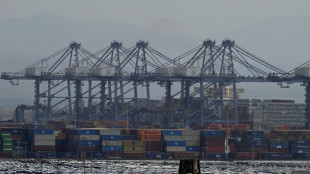
-
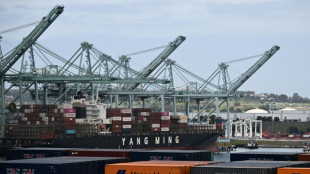 US economy unexpectedly shrinks on import surge ahead of Trump tariffs
US economy unexpectedly shrinks on import surge ahead of Trump tariffs
-
Dravid says Suryavanshi, 14, needs support from fame

-
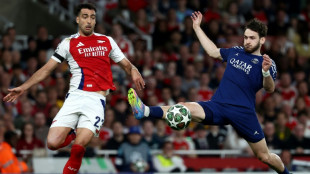 Arsenal can win 'anywhere' says Merino after Champions League defeat by PSG
Arsenal can win 'anywhere' says Merino after Champions League defeat by PSG
-
Bangladesh crush Zimbabwe by an innings in second Test
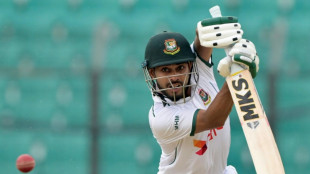
-
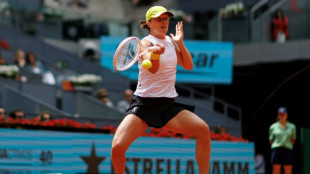 Swiatek recovers against Keys to reach Madrid Open semis
Swiatek recovers against Keys to reach Madrid Open semis
-
Spurs captain Son out of first leg of Europa League semi-final
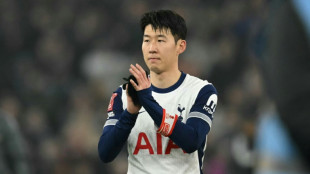

Countries agree to overhaul WHO funding model
The World Health Organization's member states agreed Tuesday to overhaul how they fund the UN health agency, giving it much more money to spend on its own priorities.
The budget revamp will give the WHO a more stable income stream and control over a much bigger portion of the funding flowing through its Geneva headquarters.
The change is aimed at strengthening the organisation and making it more agile when responding to global health crises like the coronavirus pandemic.
Countries currently channel most of their cash into health projects of their own choosing.
But member states will now transition towards giving half of their WHO contributions as straightforward membership fees instead, giving the organisation more flexibility.
WHO chief Tedros Adhanom Ghebreyesus, re-elected Tuesday, has made transforming the agency's finances a key plank of his leadership.
"This will be a game-changer for WHO," he told the World Health Assembly, the annual gathering of the organisation's member states, in his victory speech.
Before Tuesday's decision, he had warned countries that it was "now or never", after the Covid-19 crisis exposed the shortcomings of the current set-up.
"The pandemic has demonstrated why the world needs WHO, but also why the world needs a stronger, empowered and sustainably financed WHO," Tedros told the assembly, which serves as the agency's decision-making body.
- Room for manoeuvre -
The WHO gets its money from its 194 member states and non-governmental organisations.
Nations' membership fees -- "assessed contributions" calculated according to wealth and population -- account for less than one-fifth of the WHO's funding.
Most of it currently comes via "voluntary contributions" from member states and donors, which go towards outcomes specified by them.
The organisation therefore has limited leeway to respond to crises like Covid-19, the war in Ukraine and other health emergencies.
The membership fee portion will rise to 50 percent by the 2030-2031 budget cycle at the latest.
In return, the WHO will be expected to implement reforms, including towards more transparency on its financing and hiring.
Changing the funding model will help the WHO implement its priorities "more effectively and efficiently", Tedros said Tuesday.
Rather than spending time scrambling to find money, "You're telling us to focus on the programmes, and the funding will be taken care of."
"You are ensuring the stability of our organisation."
The approved two-year programme budget for 2022-2023 is $6.12 billion. The total is up five percent from the $5.84 billion of the 2020-2021 budget.
According to the latest figures, assessed contributions account for only $957 million, while specified voluntary contributions make up $3.7 billion, highlighting the imbalance Tedros wants to correct.
The biggest assessed contribution membership fees are from the United States ($219 million), China ($115 million), Japan ($82 million), Germany ($58 million) and Britain ($44 million).
- Huge discrepancy -
The new proposals were put forward by a working group tasked with finding a long-term solution for the WHO's finances.
Chairman Bjoern Kuemmel said the group found a "huge discrepancy" between what member states expected the WHO to do and how they funded the organisation.
He told an assembly session that the group's recommendations were "truly groundbreaking because they will enable to WHO to be the leading and coordinating authority in global health: well-positioned and well-financed".
The German health official said assessed contributions would go up by 20 percent in the next budget alone, to roughly $1.2 billion.
New Zealand's Health Minister Andrew Little said the changes would maintain the "momentum and clear-sightedness" triggered by the pandemic.
"A strengthened, coherent global system for health emergencies requires more investment in health -- but more cannot be achieved unless the WHO is positioned and appropriately financed to deliver," he said.
Y.Nakamura--AMWN